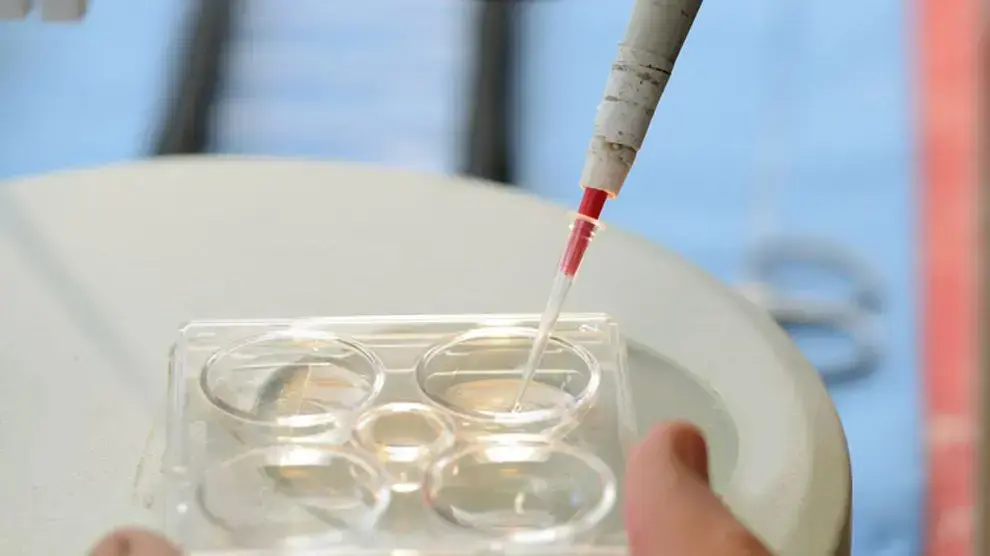The jurist Bartha Knoppers represents humanity in the thorny task of drawing the line between what is acceptable and what is unacceptable.
Sometimes her job is easy.
Just over three years ago, Chinese scientist He Jiankui surprised the world by announcing that the first three genetically modified babies had been born, with their genome patched up to supposedly be immune to the AIDS virus.
The intervention, unnecessary and sloppy, deserved a prison sentence and the almost unanimous contempt of his colleagues.
On other occasions, the red lines between what is admissible and what is inadmissible are much more diffuse.
Knoppers, born 71 years ago in Hilversum (The Netherlands) and raised in Canada, is an international reference in the ethical dilemmas caused by genetic engineering.
The jurist participated in the drafting of the Universal Declaration on the Human Genome and Human Rights, which prohibits the cloning of people and was adopted by the United Nations in 1998. In recent years, she has been a member of the international commission created after the scandal by He Jiankui.
This group of experts warned that gene editing techniques are still not safe, but opened the door to the future genetic modification of children to avoid lethal diseases.
Knoppers, director of the Center for Genomics and Policy at McGill University in Montreal (Canada), passed through Barcelona on March 21 to give a conference at the Center for Genomic Regulation.
Ask.
The American chemist Jennifer Doudna [mother of the CRISPR technique, which in recent years has made it possible to edit genes cheaply and relatively precisely] has said that she has had nightmares in which Adolf Hitler, covered in a pig mask, asked her for more information about your tool.
What nightmares do you have with genome editing?
Answer.
I don't have, I'm optimistic.
Perhaps I am too romantic, but the scientists I have worked with all my life, on the whole, are wonderful and very responsible people.
Sure there are scientists who have evil intentions, but I have not met them.
Sometimes we assume the worst of futures and try to regulate from there, but that is not the way to manage these new technologies.
I don't take the approach that something monstrous is going to happen.
Q.
We have the example of the Chinese scientist He Jiankui.
R.
There are irresponsible scientists and he is an example, but a scientist or two cannot stain those who are responsible, those who try to advance medicine.
An irresponsible scientist or two cannot sully those who try to advance medicine
Q.
Are you in favor of editing the human genome in such a way that the changes are inherited?
A.
I was part of the international commission that prepared a report in 2020. We said that "at this time" there is no safe and effective way to edit the germ line [heritable modifications that are carried out in the ovules, in the spermatozoa or in the embryos themselves when they are just one cell], so at this time, I don't support any intervention that hasn't been shown to be safe and effective before going into humans.
Q.
He Jiankui modified the genome of three babies with the CRISPR technique.
Nobody thinks that these children will be the last.
How do you imagine the fourth
crisperized
baby ?
When will it arrive?
In what country?
For what reason?
A.
I don't think about it.
We have so much work to do, supporting responsible science, that I don't want to spend my life predicting what can go wrong and creating collective imaginaries, like the movies.
I don't want to do science fiction with CRISPR because the more you talk about it, the more it seems real.
I prefer to create the regulatory frameworks and laws, if necessary, to ensure that science never enters areas that are harmful to human beings.
P.
The question was positive: if you imagine that the fourth
crisperized
baby will have its genome modified to avoid a disease, for example.
A.
It could be.
We discussed that possibility in our report, but the situations in which a couple would need CRISPR [to modify their children's embryos] are extremely rare, so its actual usefulness is extremely low.
So why work on that when you could be doing somatic therapies [modifying the genome of an adult's cells] or you could be doing treatments for rare diseases?
I don't want to work always assuming the negative.
We need a big public discussion, not always based on the weird things that can happen
Q.
Do you think CRISPR will change the future of humanity?
A.
Changing the genetic makeup of the population requires hundreds and hundreds of years.
I don't think a quote-unquote successful baby from a couple using CRISPR technology will affect humanity.
We're already mutating, so one more mutation... I think we need to reflect on it, I'm not saying ignore it, but let's not set our frameworks based on the worst case scenario, like, “There should be a law against this ” or any other instinctive reaction.
We need a big public discussion, not always based on the weird things that can happen.
Q.
Do you have any red lines in genome editing?
A.
I would put a red line for any type of editing whose safety and efficacy is not proven before using it in humans.
Q.
But how do you show that it is safe in humans?
A.
Animal studies would have to be done.
P.
But at some point we would have to jump from monkeys to humans.
R.
Yes, at some point, yes.
When I started my doctorate, my first interview was with Patrick Steptoe and Robert Edwards, in Cambridge, after the birth of Louise Brown [the first person born through IVF, in 1978, thanks to the gynecologist Steptoe and the scientist Edwards].
Everyone was shocked, there was talk of a slippery slope, that they were playing gods, of the end of the world.
And now there are millions of children born through IVF who are totally normal and perfectly healthy.
They are not monsters.
Q.
The red lines are always moving.
Did you have red lines 10, 20 or 30 years ago that you no longer have?
R.
No, I have faith in people.
People can be quite cruel when they defend positions that they believe are morally justified.
Q.
The team of the Spanish scientist Juan Carlos Izpisua has created embryos with a mixture of monkey and human cells, to study embryonic development.
What do you think of this type of research?
A.
It is one of the areas with a mixture of species.
A man with a pig's heart genetically modified to be compatible has also just died.
But these xenotransplantations [organ transplants from one species to another] are quite different from mixing in embryos, with monkey and human chimeras.
It is an area that disturbs me, but perhaps it disturbs me because I don't know enough about it.
I think I need more information.
Q.
Some scientists believe that these experiments with ape-human embryos mean "opening Pandora's box."
R.
We return to the slippery slope, to the accusations of playing god, to say that Pandora's box is opening.
They are very evocative expressions, but it is very easy to use them with a political intention.
It doesn't help anyone to use this kind of language.
Pandora's box opens, very well, and?
What do we do or what do we not do?
Q.
What is the moral status of an ape-human embryo?
R.
I have no idea, maybe I could talk about their legal status, but the moral...
Q.
And the legal status?
R.
There are all kinds of filters in the laws to distinguish between people and things or between people and animals.
There are people who think that you only have to count the cells, to know how many are monkey and how many are human.
I do not believe that quantification can determine moral or legal status.
We have to be very careful.
We have always used experimental animals, but we have never tried to transform animals into humans or vice versa.
I think that would not be morally or legally acceptable.
Q.
We can imagine a pig with a human liver, two human lungs and a human heart, but on the outside being a normal pig.
A.
More than 100,000 people are on the waiting list to receive an organ in the US and may die.
If these animals are treated humanely, and the expression humanely is good here [laughs], I think we should do xenotransplantation.
Or, even better, why don't people donate their kidneys, if you're going to die anyway?
In some countries, like Spain, there is automatic organ donation, but even then the doctors ask the families.
Why do you have a law if you ask the family later?
Don't ask the family!
It is legally accepted in a democratic society that organ donation is a good thing for all citizens, that they are humans helping other humans, and it is the law.
Why not recover the organs in 100% of the cases?
I hope to be able to donate all my organs.
Q.
Your father was a Christian missionary, Calvinist.
You said at a conference three years ago that you have been burned in hell many times.
Why?
A.
I was in the Royal Commission on New Reproductive Technologies in Canada [created in 1989].
We listened to everyone and it was interesting, because a lot of religious extremists, anti-tech groups and extremist feminists came together in one position: that these technologies were morally wrong.
So even though we had public sessions where everyone had a chance to speak, you were getting hate mail.
They chose biblical language, burn me in hell, perhaps because they knew my father was a missionary.
People can be quite cruel when they defend positions that they believe are morally justified.
Human cloning would create an element of industrialization in reproduction and turn people into things that can be copied
Q.
Do you still have problems with religious ideologies in your work?
R.
I find extremist positions, whether religious or not, that narrow thought, as if there were only one way of thinking and acting.
They are practically anti-human positions, because they do not respect the beautiful complexity of human beings.
Q.
One day in 2018 we learned that the Chinese scientist He Jiankui had created genetically modified babies.
One morning we can find out that someone has cloned humans?
A.
No, I think reproductive human cloning is one of the areas where there is almost universal consensus that we should never go that route.
It would create an element of industrialization in reproduction and make people into things that can be copied.
For me it is a red line.
Q.
You don't like doing science fiction, but we can imagine that North Korea's dictator, Kim Jong-un, wants a copy of himself.
A.
It could die in the test tube.
I find the idea that someone thinks they are so special as to think that there must be a copy of themselves so pathetic... I don't think it will happen.
You can write to us at
manuel@esmateria.com
or follow
MATERIA
on
,
,
or subscribe to our
newsletter here
.
Exclusive content for subscribers
read without limits
subscribe
I'm already a subscriber

/cloudfront-eu-central-1.images.arcpublishing.com/prisa/AY66G62FDNBGBJM33A55UAGIEA.jpg)
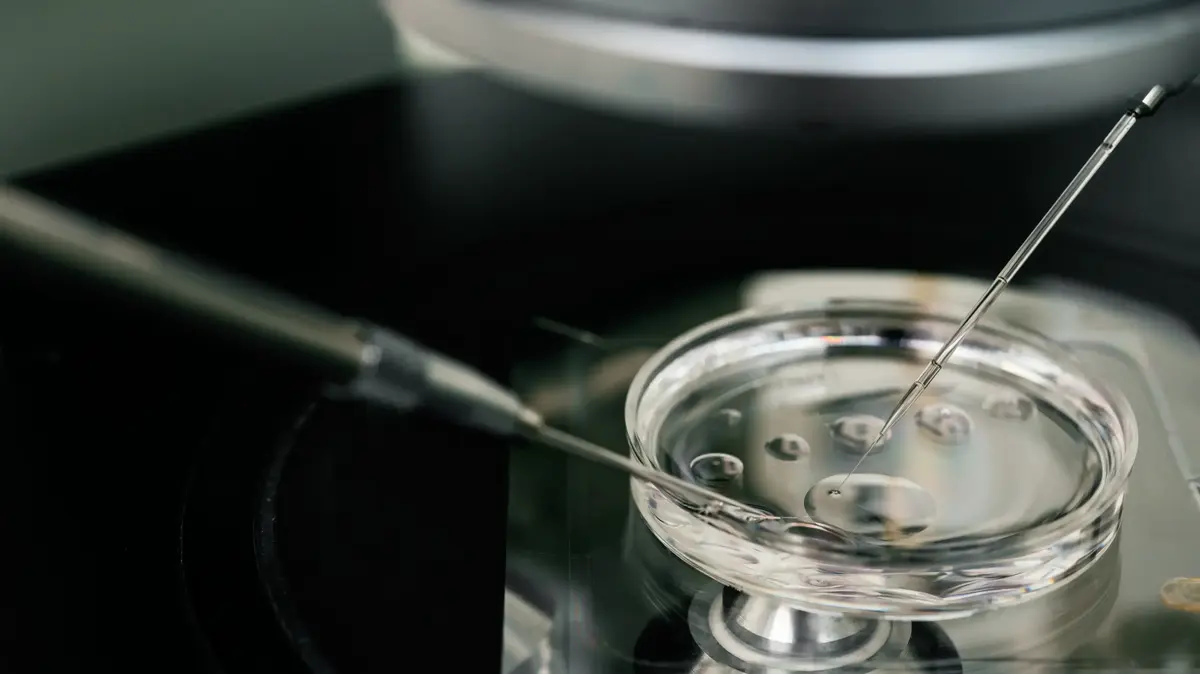
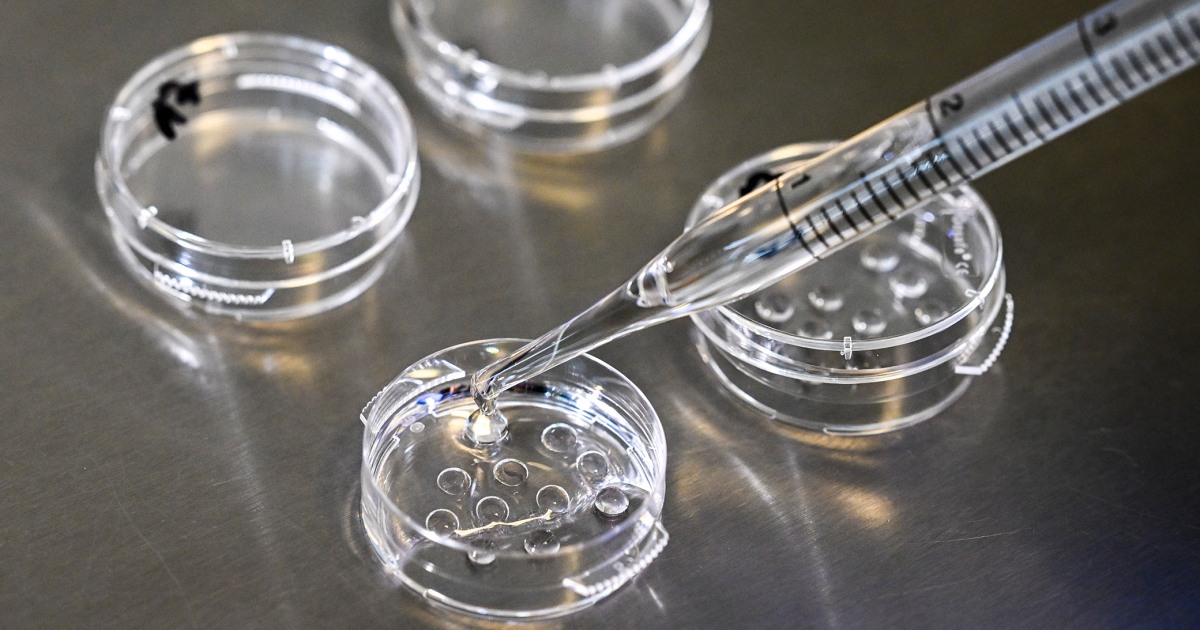
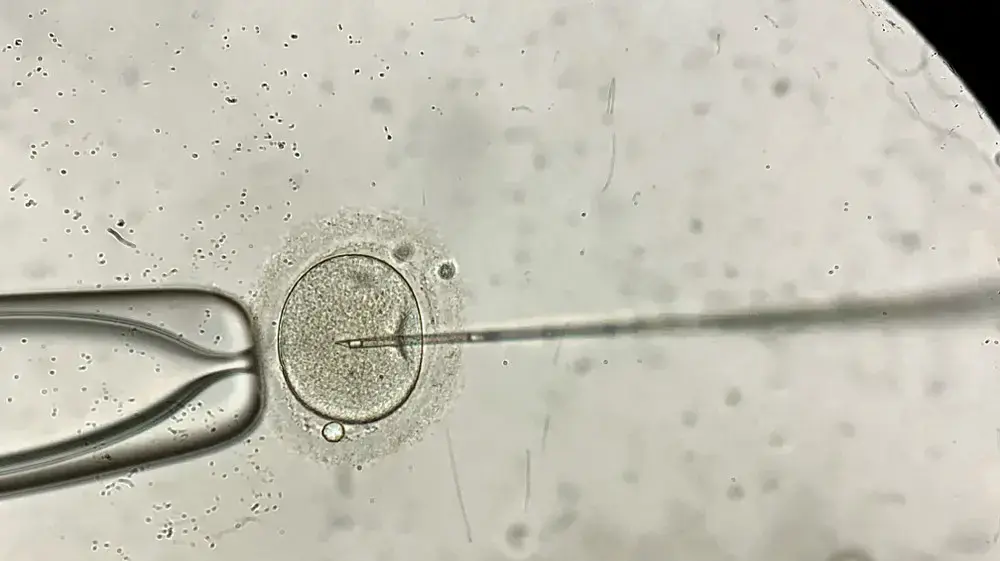
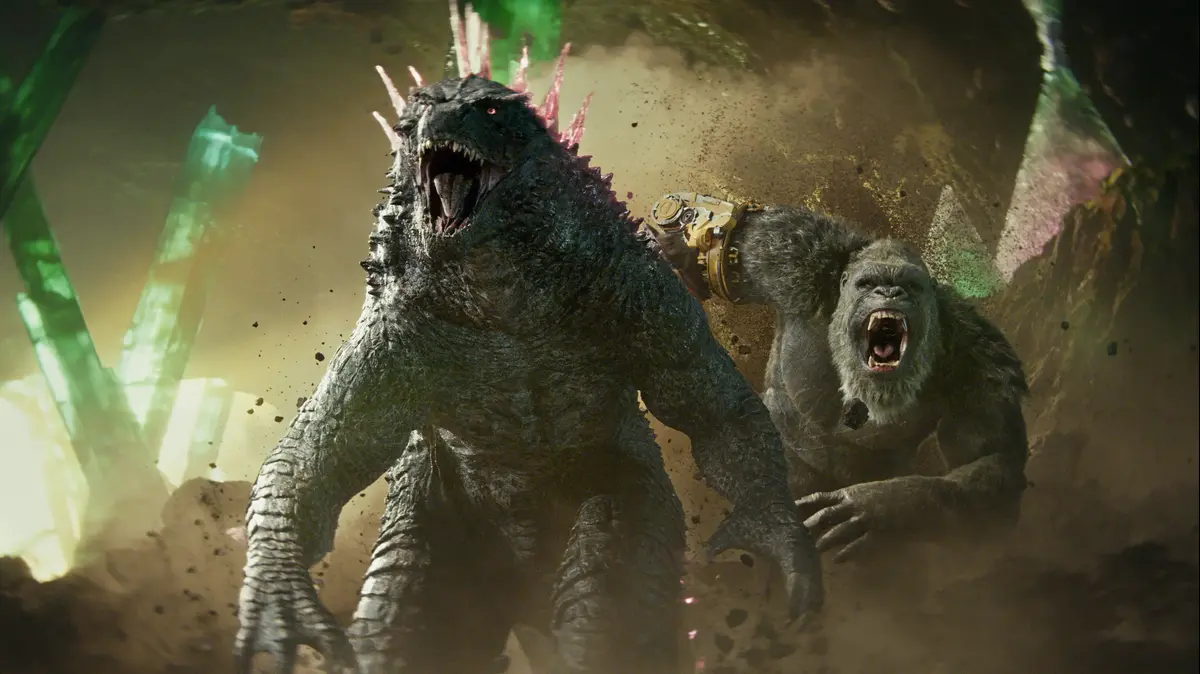
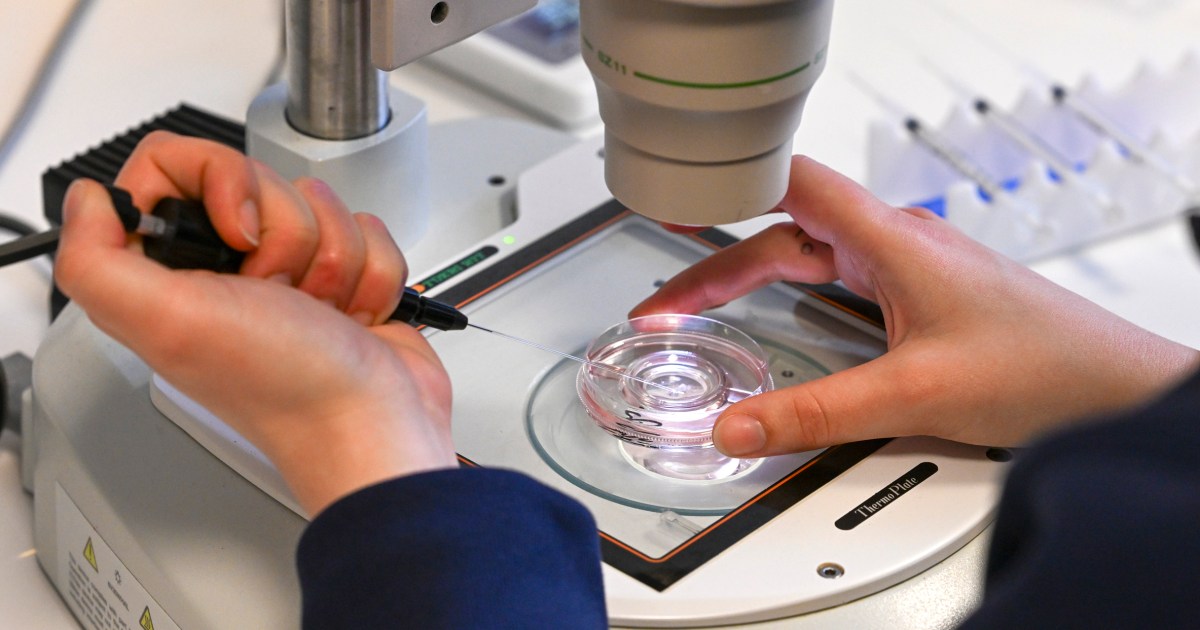
/cloudfront-eu-central-1.images.arcpublishing.com/prisa/OQOPOGVRBZFGBI4Y35NYO4PIQA.jpg)
